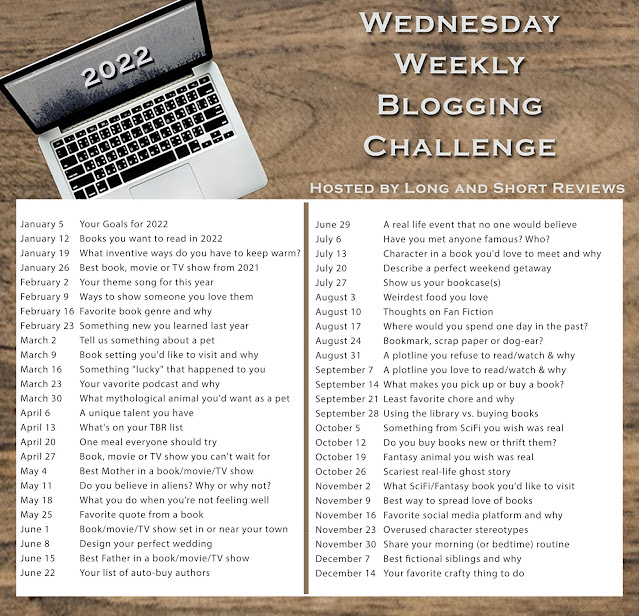Writing my book on Matthew Fontaine Maury I came across a paper he wrote after the war explaining why he chose to fight for the South. His most compelling argument was about tariffs, I'm copying it here. Bold face in emphasis mine.
A Vindication of the South and Virginia
By M. F. Maury
IN consequence of the Berlin and Milan Decrees, and the Orders
in Council, the embargo and the war with Great Britain which followed in 1812,
the people of the whole country suffered greatly from the want of manufactured
articles, many of which had become necessaries of life. Moreover, it was at
that time against the laws of England for any artisan or piece of machinery
used in workshops to be sent this country. Under these circumstances it was
thought wise to encourage manufacturing in New England, until American Labor
could be educated for it and the requisite skill acquired for the establishment
of workshops. The Southern statesmen took the lead in the passage of a tariff
to encourage and protect the manufacturing industries of the North. But in course
of time these restrictive laws in England were repealed, and it then became easier
for New England to import than to educate labor and skill. Nevertheless, the
protection continued, and was so effectual that the manufacturers of New
England began to compete in the foreign markets with the manufacturers of Old
England. Whereupon the South said “Enough. The North has free trade with us,
the Atlantic Ocean rolls between this country and Europe; the expense of
freight and transportation across it, with moderate duties for revenue alone,
ought to be the protection enough for these Northern industries. Therefore, let
us do away with tariffs for protection. They have not, by reason of geographical laws, turned a wheel in the South;
moreover, they have proved a grievous burden to our people.”
Northern statesmen did not see the case in that light; but
fairness, right, and the Constitution were on the side of the South. She pointed
to the unfair dispensation among the States of the Government favor and
patronage, and to the fact that the New England manufacturers had gained a firm
footing and were flourishing; therefore, protection had accomplished its
purpose. Moreover, peace, progress, and development had, dictated Free Trade as
the true policy of all nations. Our senators proceeded to demonstrate by the
example of hardships of submitting any longer to tariffs for protection. In their
arguments they quoted examples to this effect:—The Northern farmer clips his
hundred bales of wool, and the Southern planter picks his hundred bales of cotton.
So far, they are equal, for up to this state the Government affords each equal
protection in person and property. But the Government would not stop here. It
went further—re-protected the industry of one section and taxed that of the other;
for though it suited the farmer’s interest and convenience to put his wool into
his wagon and to send it to a New England mill to have it made into one hundred
bales of cloth, it also suited in the like degree the Southern planter to put
his cotton in his own ships and send it to Old England to have it made into one
hundred bales of Calico. And now came the injustice and the grievance. They both,
so the case was made to run, preferred the Charleston market; each with his
invoices of one hundred bales, to the Custom House. There the Northern man is
told he may land his hundred bales duty free, but the Southern man is required
to leave forty of his for the privilege of landing the remaining sixty. It was
in vain for the Southerner to protest, or to urge, “You make us pay bounties
for Northern fishermen under the plea that it is necessary for the seamen. Is
not the fetching and carrying in Southern ships as much a nursery for seamen as
the catching of codfish in Yankee smacks? But instead of allowing a bounty for
this, you exact taxes and require protection of Northern fellow-citizens at the
expense of Southern industry and enterprise.” The complaints against the tariff
were, at the end of ten or twelve years, followed by another compromise in the
shape of a modified tariff, but which the South again gained nothing, and the
North everything. The effect was simply to lessen, not abolish, the
tribute-money exacted for the benefit of Northern industries.
Fifteen years before the war, it was stated officially from
the Treasury Department at Washington, that under the tariff then in force the
self-sustaining industry of the country was taxed in this indirect way in the sum
of $80,000,000 annually, none of which went into the coffers of the Government,
but all into the pocket of the protected manufacturer.
Thus, dealt by, there was a cumulative dissatisfaction in
the Southern mind towards the Federal Government, and the Southern men began to
ask each other, “Should we not be better off out of the Union than we are in
it?” Nay, the public discontent rose to such a pitch in consequence of the
tariff that nullification was threatened, and the existence of the Union was
again seriously imperiled. Dissolution might have ensued had not Virginia
stepped in with her wise counsels. She poured oil upon the festering sores in
the Southern mind and did what she could in the interests of peace; but the wound
could not be entirely healed: Northern archers had hit too deep.
The Washington Government was fast drifting towards centralization,
and the result of all this Federal partiality, of this unequal protection and
encouragement, was that New England and the North fattened upon the tribute
forced from the South and prospered as few people have ever done.




